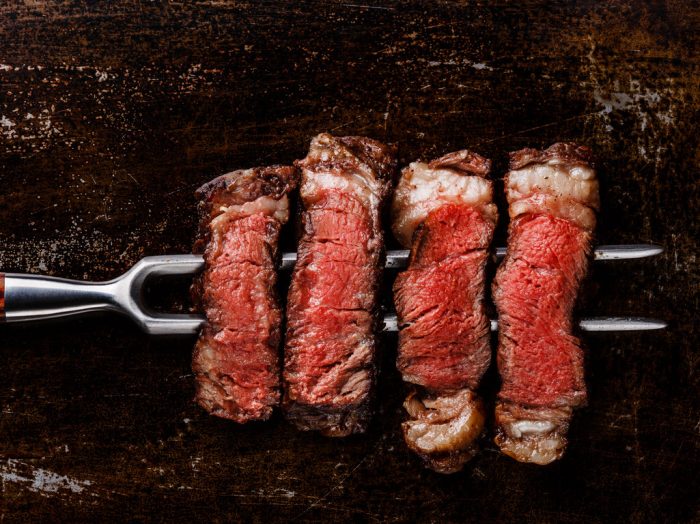Maybe you dream about that flat washboard abs or maybe you would just like to get rid of an inch on your stomach. But you’re gaining belly fat or are unable to shed some weight, even though your diet is pretty much healthy. Well, there are other causes, which have nothing to do with food.
If you’re worried about the causes and have actually learned that belly fat is a risk factor for serious diseases. Excess fat might damage organs and blood vessels, upping your risk of high blood pressure, high cholesterol, stroke, heart disease, diabetes, some cancers, and even dementia.
But not all belly fat is evil and, in fact, did you know that there are two types? There is subcutaneous fat, which sits right under the skin, and seems harmless to scientists so far. But the actual villain in the story is what they call visceral fat. It’s found deep in your abdomen and it’s active! What does that mean? It means that it releases chemicals into your body which could cause some damage.
How can you minimize dangerous belly fat?
You should avoid added sugars and processed carbs. Try going on a Mediterranean diet. If you’re interested in finding the first steps to that, we’ve got you covered. Suffice to say you should plan your diets to contain whole grains, fresh fruits and veggies, healthy fats and very little red meat.
Of course, you should always pair a healthy diet with some good old exercise, the kind that is best suited to you!
But belly fat isn’t something you can shed just like that, especially if you find yourself in any of the circumstances below.

5 scientific reasons for excess belly fat
1. Genetic
Look at your older relatives and see if what kind of body shape they have. If you have a propensity for rounder shapes in your family, you might have to fight extra hard to get the abdomen of your dreams.
2. Your sleep patterns are off
If you’re getting too little or too much sleep, you might have an excess of belly fat. If you sleep 5 hours a night or less, your metabolism will decrease to preserve energy, and you’ll start to crave things that are just no good for you. On the other hand, if you sleep more than 9 hours a night, your body gets less exercise daily. Try to find out how much sleep your body needs every night. Probably between 7 and 9 hours.
3. You’re too stressed out
When you feel under pressure, your body secretes cortisol, the stress hormone which makes you more likely to crave foods full of sugar and nasty fats. But cortisol also changes your body chemistry and makes it harder for your metabolism to burn calories, but also makes it easier to store fat. Try to work with your anxiety as much as possible. Seek out a yoga class or maybe even some therapy.

4. You have shifting hormones
Maybe you’re close to reaching menopause, which means that your estrogen drops and your metabolism is winding down. This leads to belly growth. If you go to the gym more or train at home by focusing on your core, exercise should do the trick.
5. You have polycystic ovarian syndrome
PCO affects 10-20 percent of women during their reproductive eras. And it might lead to belly fat, because women who suffer from PCO have a higher testosterone level, and so they put on weight around their middles. Be mindful of other symptoms, like irregular periods, excess body hair, and acne. If you have any of those, you should go see a doctor as soon as possible.







The points in this article is actually great.